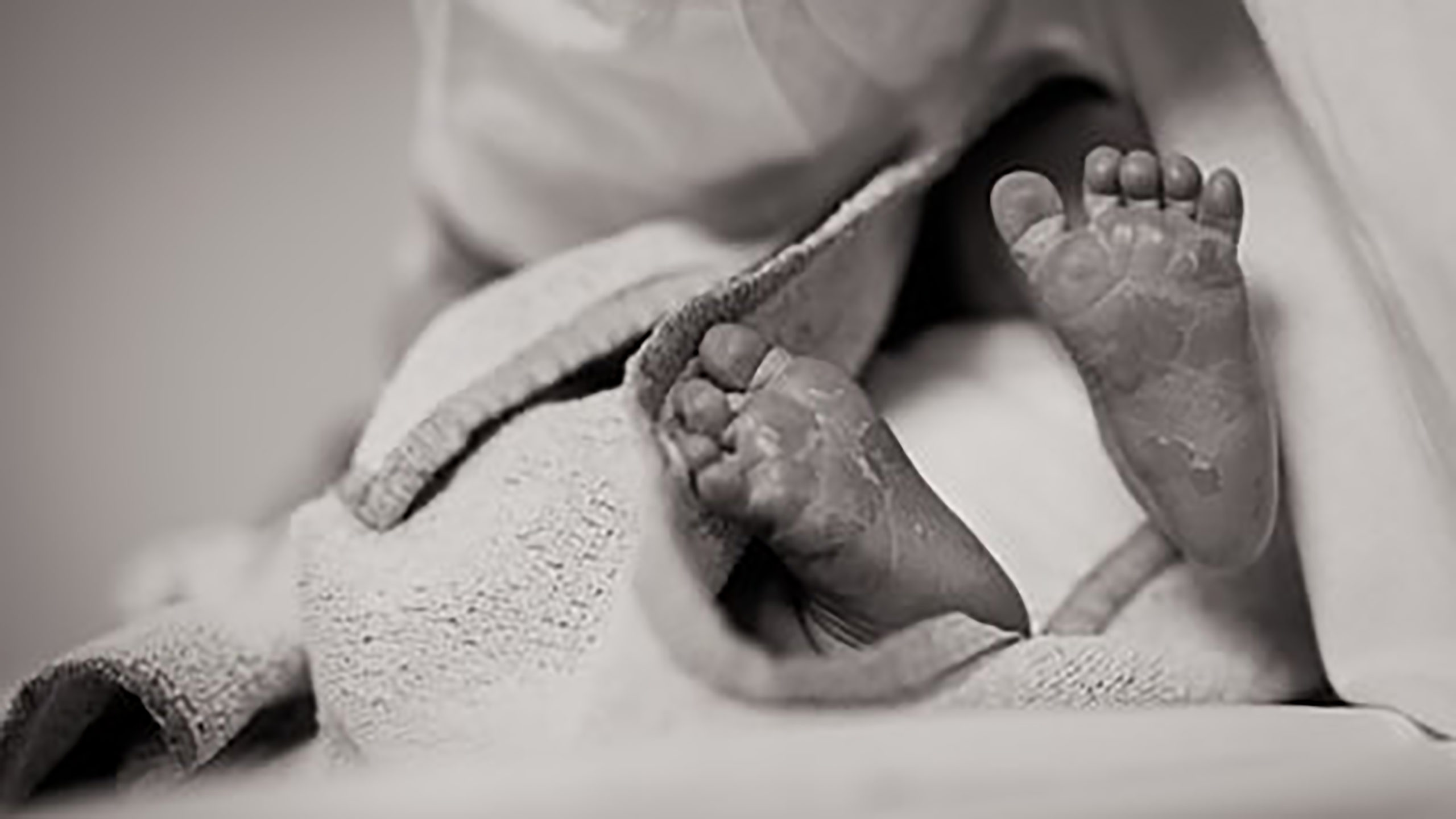When Norma McCorvey’s attorneys filed a lawsuit on her behalf (as Jane Roe) against Texas district attorney Henry Wade in late 1971, I was six months old.
And when the final decision was handed down by the U.S. Supreme Court in January 1973, I was 18 months old.
So the 7–2 Roe v. Wade ruling in favor of McCorvey — which says the due process clause of the 14th Amendment of the U.S. Constitution provides a right to privacy allowing a pregnant woman to choose abortion — has been the only law I’ve ever known.
At the same time, I’ve watched large numbers of people of faith remain devoted to praying, petitioning and advocating for five decades not only against abortion but also for a way to overturn Roe v. Wade.
The recent Dobbs v. Jackson case, heard by the U.S. Supreme Court in December, has the best potential to date to achieve overturning the federal law.
As we wait on the ruling, I’ve been encouraged by the significant number of people of faith who are spending the interim period educating and advocating for the next level of adhering to a pro-life stance.
Mississippi Attorney General Lynn Fitch shares here how empowering women and protecting the sanctity of life go hand in hand.
Her office has continued educating the public about that fact and how the changes in technology and medical understanding in the 50 years since the Roe ruling has adapted the pro-life conversation.
Fitch and others also are urging people of faith to prepare now for how to respond once the ruling comes down.
Pro-life or pro-birth?
Herbie Newell of Lifeline Children’s Services, which operates out of the national Woman’s Missionary Union building in Birmingham, Alabama, describes it as transitioning from “pro-birth” to “pro-life.”
In an interview on a recent Priority Talk radio show on Alabama’s WXJC, Newell shared how some who advocate against abortion are not always looking beyond the birth of the baby.
He details his argument in his book, “Image Bearers: Shifting from Pro-birth to Pro-life.”
As I read over Newell’s suggestions for broadening the net related to caring for all levels of life “from the womb to the tomb” — as several authors, pastors and advocates have described it — countless ministry opportunities came to mind.
Along with opportunities available through the services offered at Lifeline, your state’s Baptist children’s homes ministry also provides ways to help at-risk children.
I’m confident they all have ongoing needs and would welcome volunteers, donations and prayer support. Some will even share pantry-stocking lists for those who might want to develop a missions project opportunity.
It is actually quite exciting to think about the difference our churches could make in their communities if they truly focused on caring for “the least of these” as Matthew 25:40 states.
Members of First Baptist Church Apopka, Florida, have found a way to embrace and reach their community with specific resources relevant to current needs. Read more here.
Caring for vulnerable
Still, how does caring for others in vulnerable situations mesh with being pro-life?
I’m not sure how the labels all came to be, but in some cases those who are advocating against abortion and laws like Roe v. Wade are referred to as “anti-abortion,” and that’s technically accurate.
Those who lobby for the option of choosing abortion are typically called “pro-choice.”
Representing the unborn
Somewhere along the way, we adopted “pro-life” as the label of choice for the fight against abortion — after all we are fighting for the unborn to continue living in the womb and when it’s time to be born, live outside the womb.
But how much energy are we truly putting toward each of those little lives once they are born?
How are we helping those born into extreme poverty, drug addiction or any number of unstable situations succeed and feel safe and secure?
How are we providing for those at various seasons of life who need someone to offer a little guidance and maybe simply believe in them?
How are we helping those in later years continue to live with dignity?
How would you describe the concept of pro-life? What are ways you and your faith family can advance the cause?










